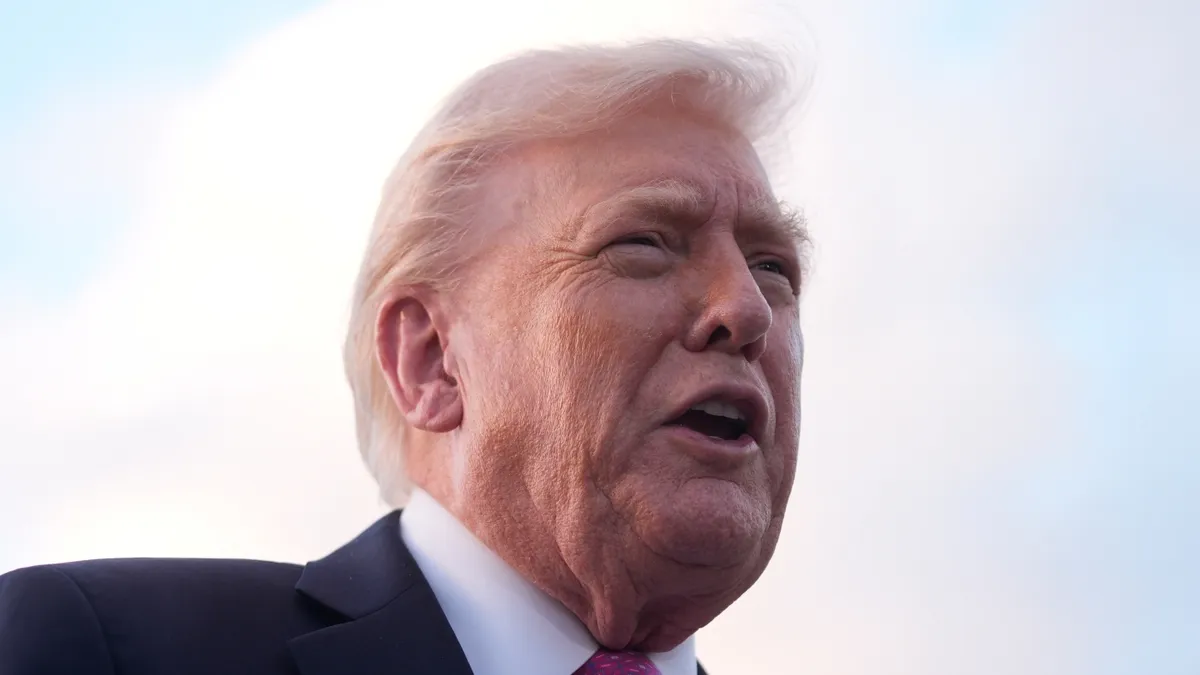
In a significant development, President Donald Trump announced on Saturday that the two survivors of a recent U.S. military strike on a suspected drug-carrying vessel will be sent back to their home countries of Ecuador and Colombia. This military operation, which took place in the Caribbean, was part of a broader initiative to combat the escalating drug trafficking crisis affecting the United States.
The U.S. military executed the strike on a submersible vessel on Thursday, marking the sixth such operation since early September. This decisive action was taken against a vessel identified as transporting a significant amount of illegal narcotics, primarily Fentanyl, which has been a major concern in the ongoing battle against drug abuse in the U.S. President Trump expressed his satisfaction with the operation, stating, "It was my great honor to destroy a very large drug-carrying submarine that was navigating towards the United States on a well-known narcotrafficking transit route."
According to U.S. Intelligence reports, the vessel was heavily loaded with illegal substances. During the military operation, it was confirmed that two individuals onboard were killed, which is one more than the initial reports indicated. The two survivors are now being repatriated to their respective countries for detention and prosecution, effectively circumventing complicated questions regarding their legal status within the U.S. justice system.
With President Trump's confirmation of the death toll on his Truth Social platform, it has been revealed that U.S. military actions against vessels in the region have resulted in the deaths of at least 29 individuals. The president has justified these military strikes by declaring that the United States is engaged in an armed conflict with drug cartels. This assertion relies on the same legal framework employed by the George W. Bush administration during the war on terrorism that followed the September 11 attacks, treating suspected traffickers as if they were enemy soldiers in a conventional war.
The ongoing military operations against drug trafficking in the Caribbean highlight the U.S. government's commitment to combatting the influx of illegal narcotics. As the situation evolves, the implications for U.S. foreign policy and domestic law enforcement will continue to unfold, raising important questions about the future of drug interdiction efforts and international cooperation.